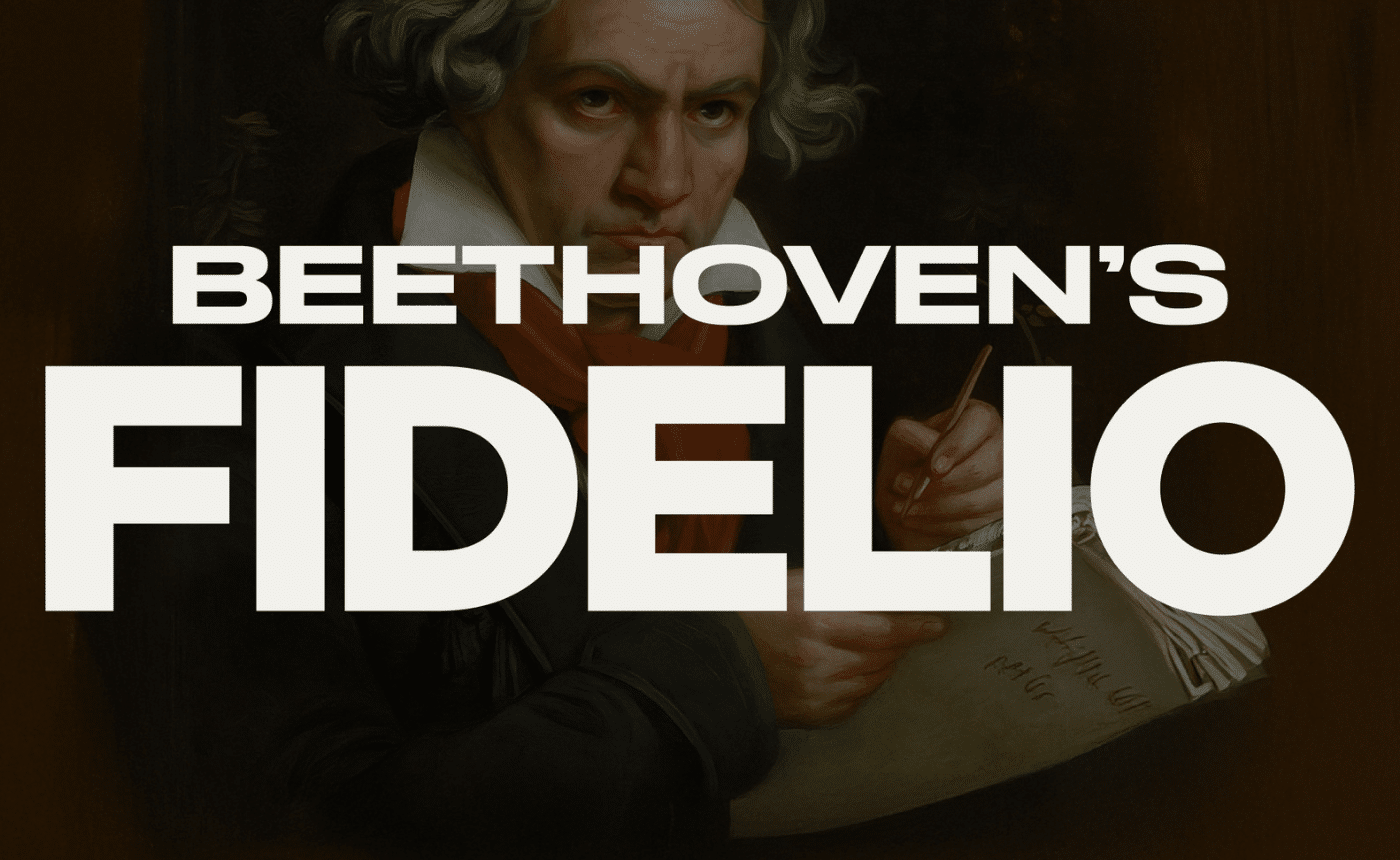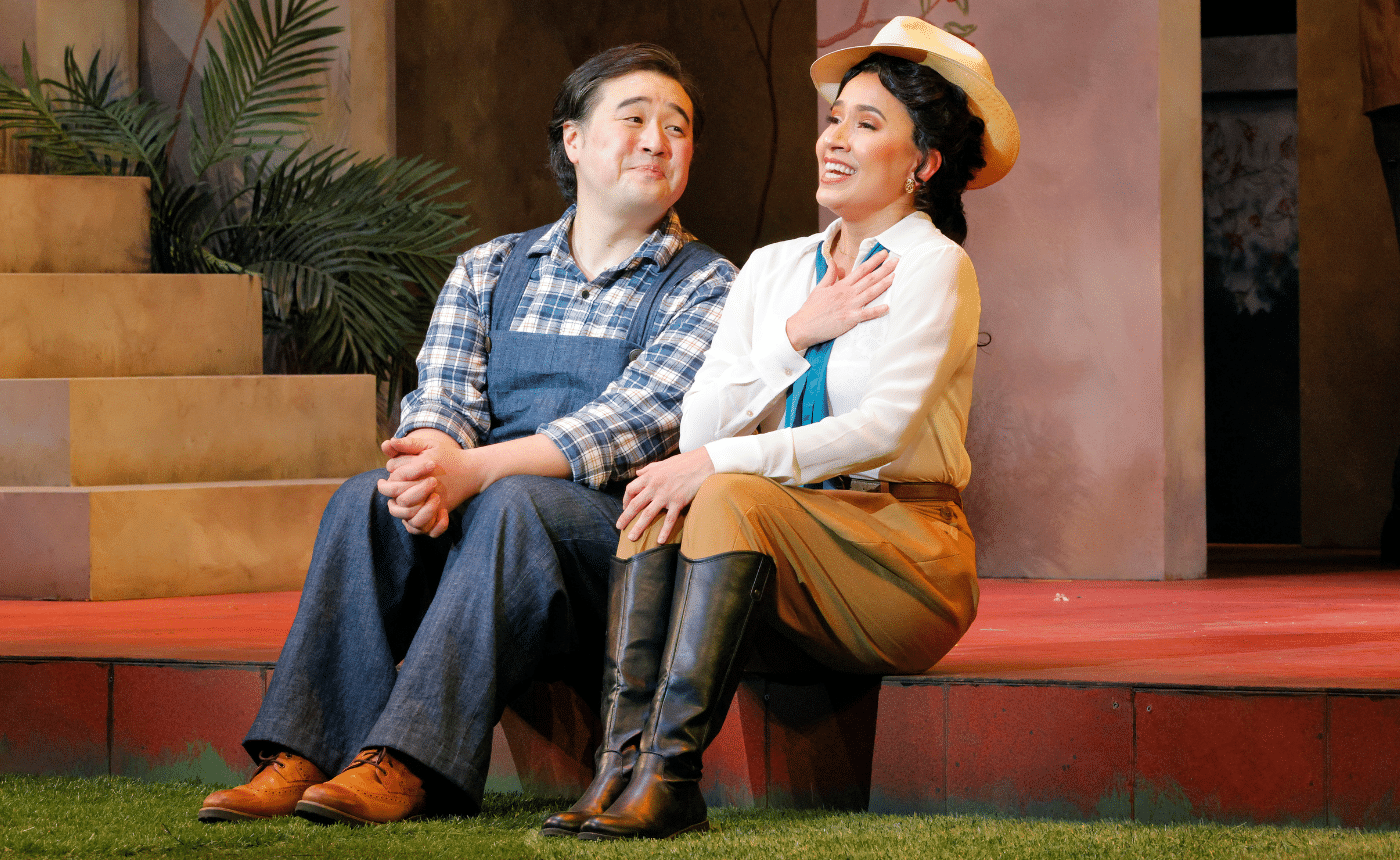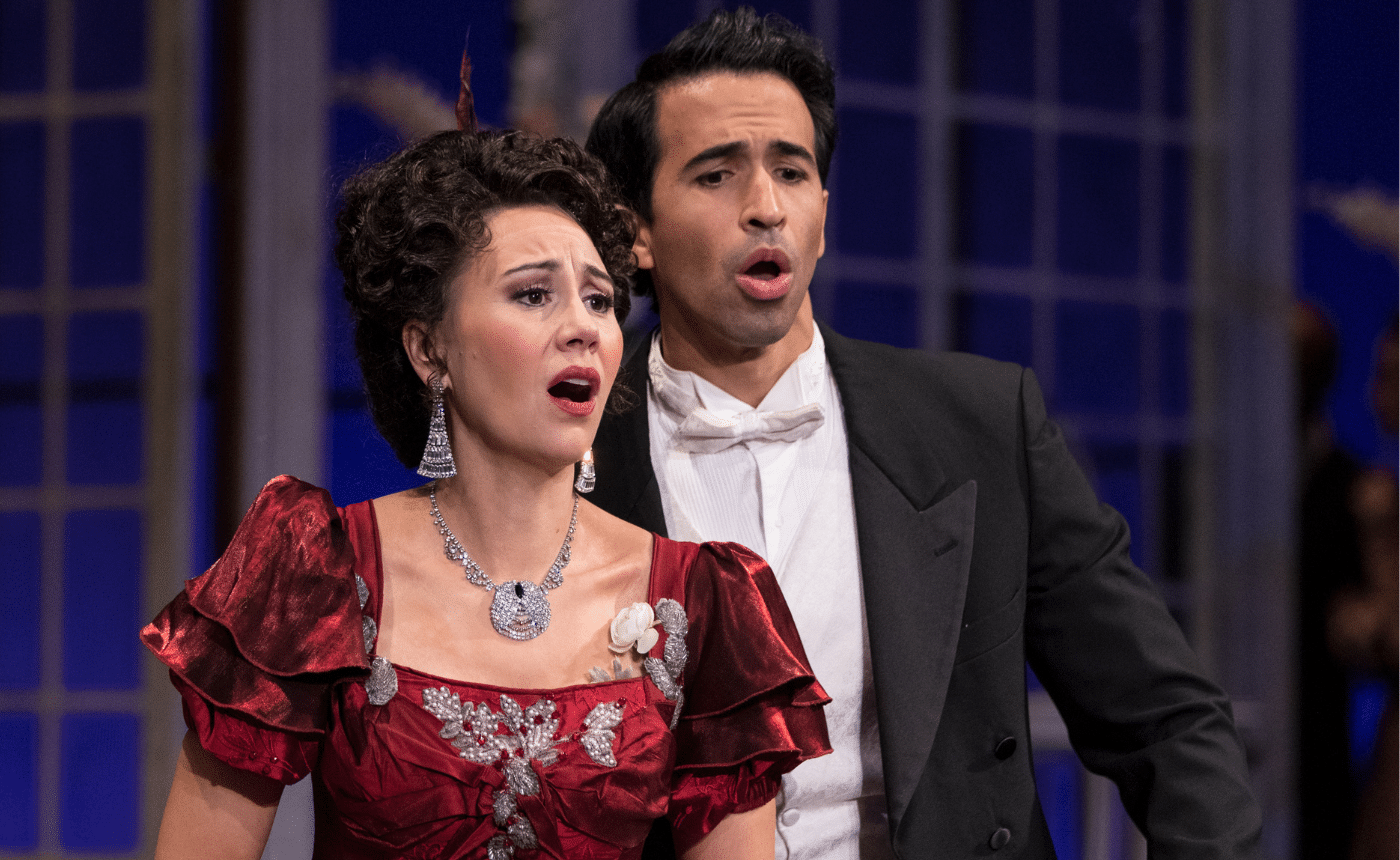4 Reasons Why La bohème Tells the Story of Your Life Right Now
by Kathleen Sykes
From the outside looking in, opera can seem bizarre and un-relatable. Because who really goes around in elaborate costumes singing all the time?
In reality, however, La bohème tells a story we can all identify with. It has inspired pop-culture hits like Rent and Moonstruck, and it digs deep into the depths of human emotion. This story is about modern life as much as it’s about the 19th century. Here’s why La bohème tells the story of your life.
1. We all yearn for love
There is one thing on which everyone can agree: Paris is one of the most romantic settings for a love story. One of the biggest highlights of La bohème is the romantic relationships that take place between Rodolfo and Mimì as well as Musetta and Marcello. Their passionate (and often complicated) relationships will set your heart aflutter!
You know that feeling you get in your gut when you’re in love? So do Rodolfo and Mimì. In the first two acts, you see them fall in love in real time. Mimì, the literal “girl next door”, knocks on Rodolfo’s apartment door to borrow matches, and Rodolfo (looking for an excuse to be alone with his new crush) obliges. After sharing vulnerable moments together on a beautiful Christmas Eve, they walk out into the street—on a date—to enjoy the evening with his friends.
The love that’s part of the opera isn’t just romantic. Rodolfo and his roommates, Schaunard, Marcello, and Colline share an incredible closeness. The squalid apartment they share is not the only thing they have in common—they are all creative individuals who share ideals and confide in one another about their struggles with love, jealousy, and poverty.
2. We’ve all had a complicated relationship
Whether it be a frenemy, a weird relative, or a strained relationship with a significant other, we’ve all suffered through a complicated relationship. Out of all the relationships in the show, none is more complicated than that of Musetta and Marcello.
Musetta (who is Marcello’s former sweetheart) pulls all the strings in her relationships. On the same lovely night that Rodolfo and Mimì have their first date, she is out with a very wealthy (and old!) suitor, Alcindoro. To make matters worse, she sits down right next to Marcello and sings a risqué song to make him jealous. She grows tired of her companion and finds an excuse to get rid of him only to fall rapturously into Marcello’s arms the second he leaves.
Alcindoro returns only to find empty tables and that he now has to foot everyone else’s bill. How’s that for a bad date?
3. We’ve all had our hearts broken
No one likes that gut wrenching feeling of betrayal, disappointment, or loss, yet we all go through this at one point or another. Whether we’ve experienced bad relationships, struggled to pay the rent, or dealt with illness, La bohème has a narrative you can identify with.
It even touches on themes such as poverty—when we first meet Mimì, a simple embroiderer, she is asking her neighbors (who are also starving artists) if they have matches because her candle blew out. Her gripping story becomes even harder to bear as you see her slowly succumb to her illness by the end of the show. You leave feeling great empathy for Mimì, Rodolfo, and all their friends.
4. We all have aspirations
Accomplishing your dreams is not without its obstacles, but it is always worth it. All of the characters in this opera have big dreams. They want to be rich or in love or famous for their creativity. In spite of the discouragement they sometimes feel, none of them want to give up on their goals.
While La bohème is a textbook example of what it means to shoot for the stars, Utah Opera founder, Glade Peterson, embodied this principle best. His dream was to start his own opera company, and with the help of talented local musicians and political, religious, and community leaders, that dream became a reality.
So where are we now?
Here we are 40 years later looking at La bohème through different eyes. We’ve done several different productions of La bohème since our very first production as an opera company in 1978. This timeless tale never gets old or goes out of style because of how much we identify humans and as a community with its profound story.
Do you still need evidence that La bohème will give you all the feels? Take a look at this.





